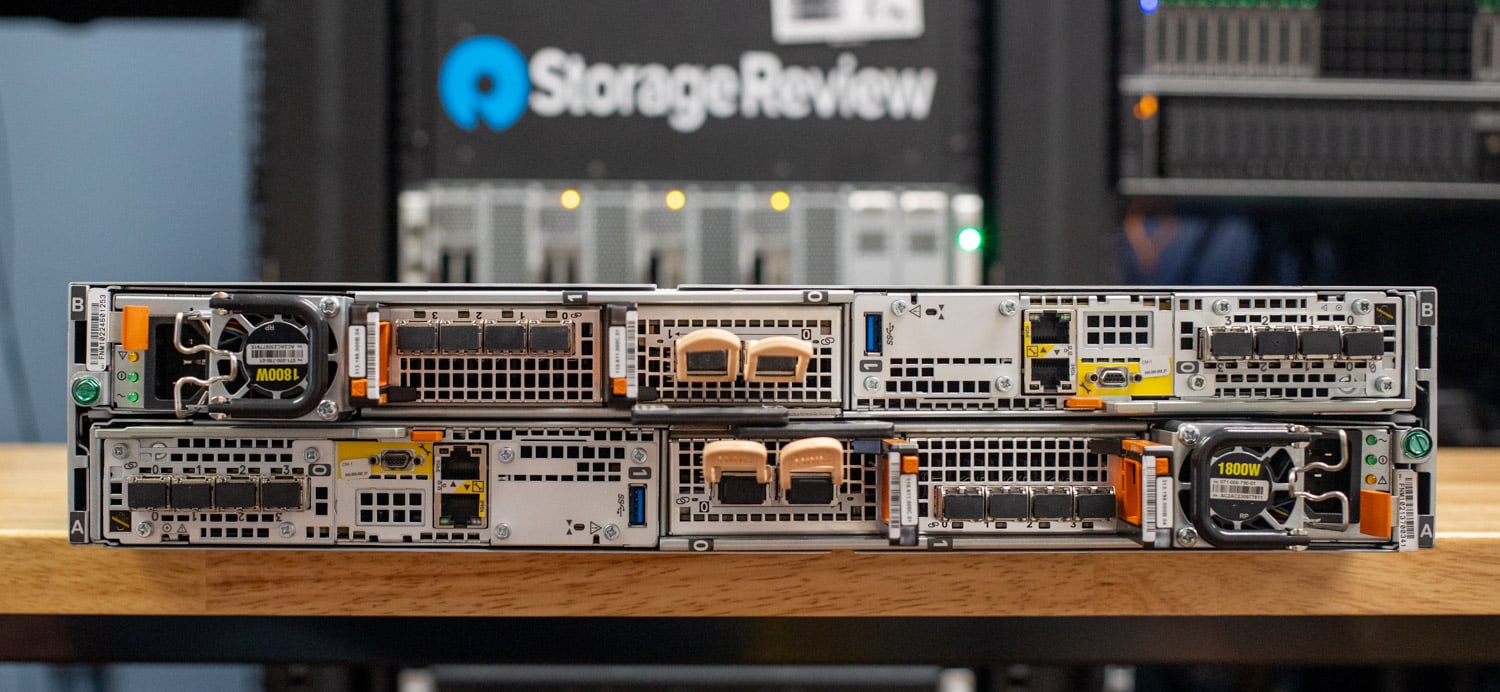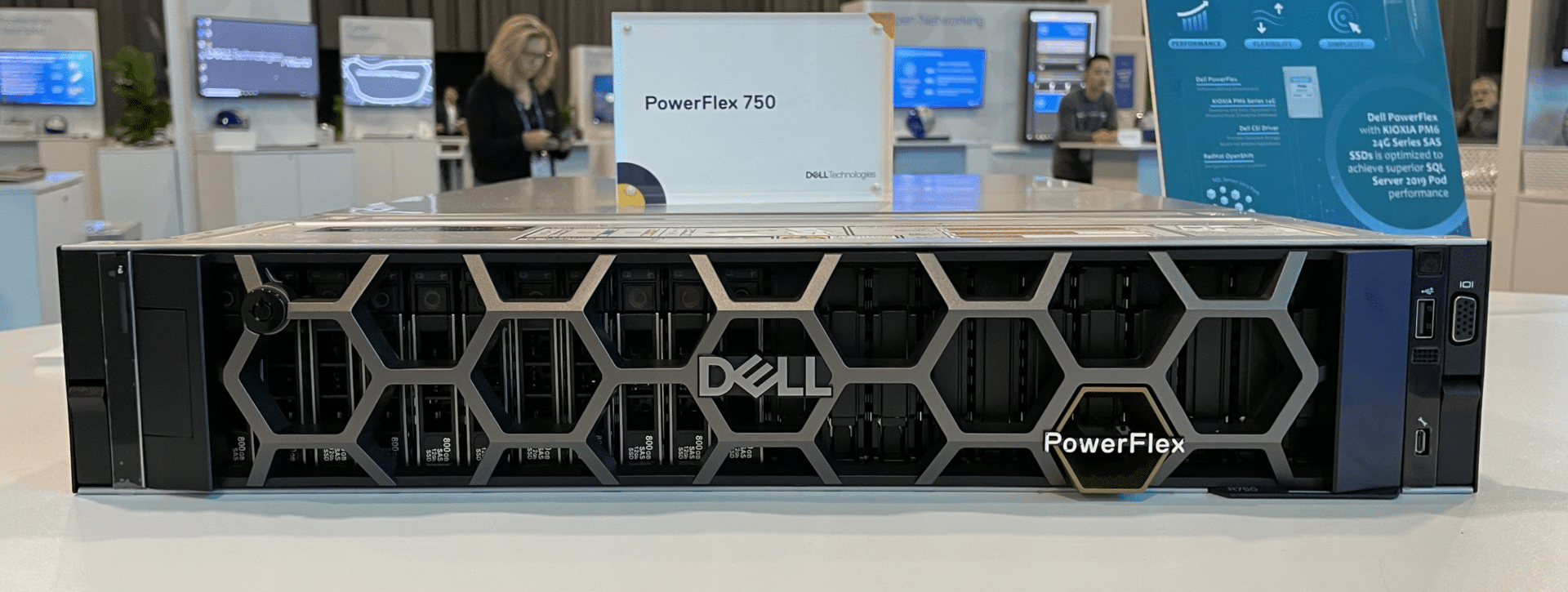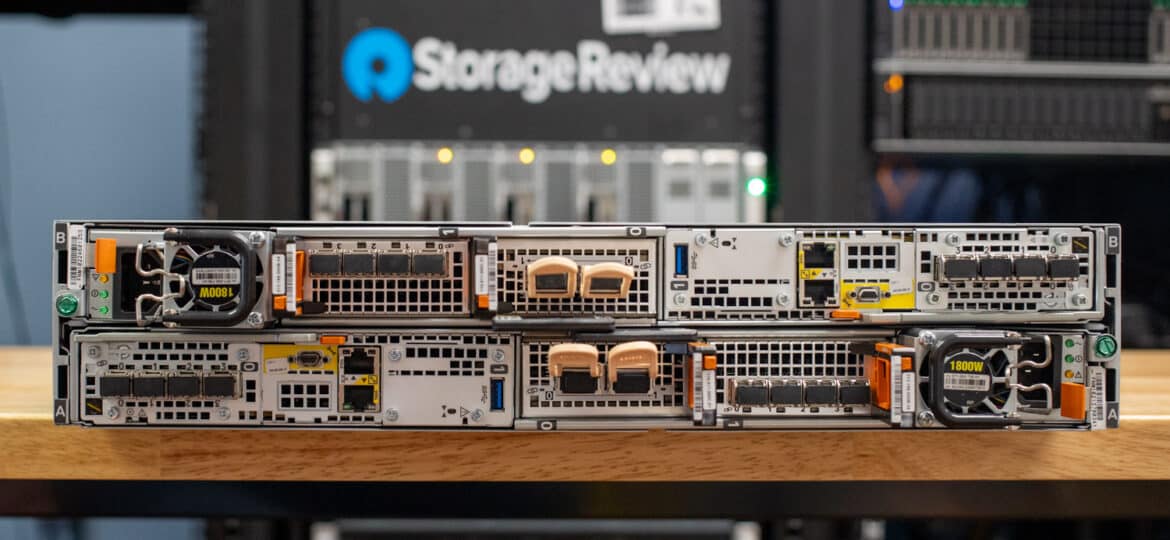Dell PowerStore AWS Outposts delivers NVMe block storage, low latency, and AWS native ops on premises for regulated, edge, and hybrid workloads.
Dell has validated PowerStore to run with AWS Outposts, enabling enterprises to deploy fully managed AWS services on-premises while attaching high-performance, NVMe-first block storage from PowerStore. The integration is now available and is designed for organizations that require low latency, data residency, and consistent operations across hybrid cloud footprints.

With native support for AWS Outposts, Dell PowerStore enables IT teams to maintain a familiar AWS cloud experience while running it in their data centers or at the edge. Administrators can provision Amazon EC2 instances via the AWS Management Console and attach PowerStore-backed block volumes. EC2 instances on Outposts can also boot directly from PowerStore, adding flexibility for workloads that depend on external boot media and simplifying fleet management.
This integration targets latency-sensitive, compliance-heavy, and edge-deployed applications that benefit from local data processing but still require AWS-native tools and services. PowerStore’s enterprise data services, including snapshots, encryption, secure boot, cyber-resiliency, and high availability via dual active-active controllers, are included without additional licensing, keeping the operational model straightforward for teams standardizing on AWS.
Architecture and Data Services
- NVMe-first performance: PowerStore is engineered for high IOPS and low latency, allowing applications to run faster and infrastructure to operate more efficiently in hybrid and edge deployments.
- Data reduction and efficiency: Dell backs PowerStore with an industry-leading 5:1 data reduction guarantee, helping reduce footprint and TCO while simplifying capacity planning on Outposts.
- Resiliency without RAID complexity: The Dynamic Resiliency Engine eliminates the operational overhead of traditional RAID management, providing simplified, worry-free protection and streamlined recovery paths.
- Built-in HA/DR: Native replication and Metro Volume enable high availability and disaster recovery across sites, supporting continuous operations for mission-critical workloads.
- Scale up and out: Capacity and performance can be expanded non-disruptively, aligning with fluctuating application demands common in hybrid cloud environments.
- Automation and ecosystem fit: REST APIs, containers support, and Ansible integrations bring PowerStore into DevOps workflows. AI-driven telemetry provides proactive insights, accelerates troubleshooting, and simplifies ongoing operations.
Operational Experience on AWS Outposts
PowerStore aims to preserve an AWS-native experience while delivering enterprise storage semantics on-prem. Administrators manage EC2 on Outposts using standard AWS consoles and tooling, but back those instances with PowerStore volumes for performance, resiliency, and data services typically associated with enterprise arrays. The result is a single operational model across cloud and on-prem, with local data control where required.
Support for hybrid cloud workloads, including:
- Hybrid cloud applications: Latency-sensitive applications, such as real-time analytics, AI/ML inference, trading systems, and media processing, benefit from local, high-IOPS NVMe storage.
- Regulated workloads, such as those in finance, healthcare, and the public sector, can store data in place to meet residency and compliance requirements while retaining AWS service patterns.
- Legacy modernization: older applications can be modernized in place without full re-platforming to the public cloud, reducing risk and accelerating timelines.
- Edge analytics and cost control: processing big data locally minimizes egress costs while keeping pipelines close to the data source.
- Backup and recovery: Storage Direct, accessed via the PowerStore GUI, integrates with PowerProtect Data Domain on-premises and Data Domain Virtual Edition on AWS, enabling end-to-end data protection that spans the edge, core, and cloud.
- Private cloud and edge scenarios: Factory floors, smart city deployments, and dev/test environments gain secure, low-latency infrastructure with AWS tooling and local control.
Broader Dell Ecosystem
PowerStore ties into Dell’s operational stack. Dell AIOps delivers real-time analytics and proactive recommendations, while ProSupport and ProDeploy aim to streamline rollout and minimize downtime. Storage Direct simplifies hybrid backup workflows across on-prem PowerProtect appliances and cloud-based Data Domain VE, supporting consistent data protection policies across environments.
PowerStore and. PowerFlex
While PowerStore addresses block storage use cases with an emphasis on efficiency, resiliency, and simplicity, Dell notes that customers requiring broader petabyte-scale, scale-out flexibility for modern distributed workloads can evaluate PowerFlex for AWS Outposts. Together, PowerStore and PowerFlex cover a spectrum that ranges from consolidated enterprise storage to elastic, scale-out architectures, both of which are aligned with AWS-native operations.

Dell PowerFlex 750
Bottom Line
For IT administrators supporting AWS, cloud, and on-prem applications, PowerStore’s validation with AWS Outposts brings enterprise-class block storage and data services to local AWS-managed environments. The integration targets low-latency performance, compliance-driven data residency, and edge requirements, without sacrificing the AWS operational experience. The net effect is cloud agility paired with enterprise performance and simplified operations, delivered where the data and workloads reside.
Engage with StorageReview
Newsletter | YouTube | Podcast iTunes/Spotify | Instagram | Twitter | TikTok | RSS Feed

